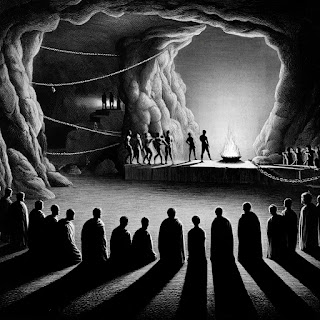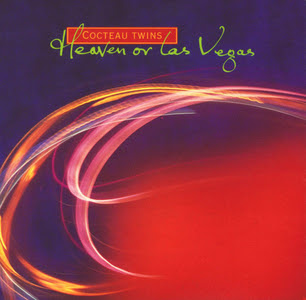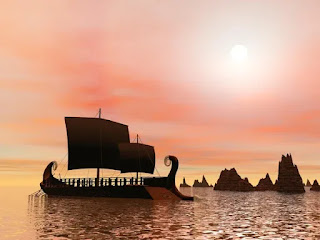Allegory of the Cave

In our pursuit of understanding, we often encounter a profound realization: reality is not always what it seems. This philosophical dilemma is vividly depicted in Plato's Allegory of the Cave, an essential exploration of metaphysical thought that challenges our perceptions of truth and reality. In the allegory, prisoners are confined to a cave, their heads immobilized, and they are forced to watch shadows cast on a wall by objects passing before a fire behind them. These shadows represent their entire perceived reality, yet they are only reflections of actual objects. At the heart of Plato's allegory is the understanding that these shadows are not reality but distortions shaped by our confined perspectives. This is a powerful metaphor for human cognition, where what is perceived is often a skewed version of actual forms. Like prisoners, we depend on incomplete information that shapes our worldview. In contemporary public health, we see analogous misconceptions, especially regar














